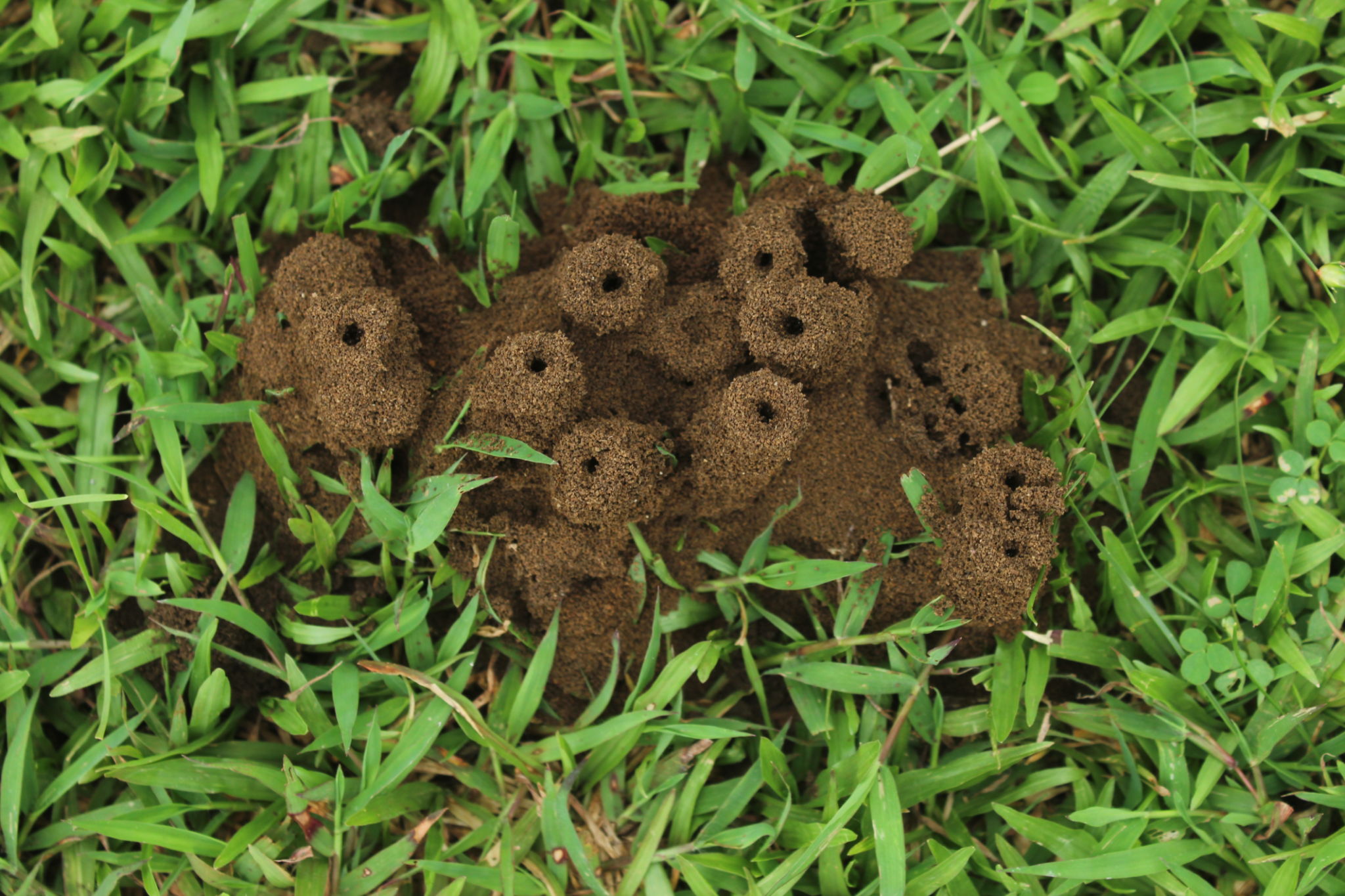Common Misconceptions About Garden Maintenance in Canberra
CM
Understanding Watering Needs
One of the most common misconceptions about garden maintenance in Canberra revolves around watering needs. Many people believe that because Canberra experiences hot, dry summers, more frequent watering is necessary. However, overwatering can be just as detrimental as underwatering. It's crucial to understand the specific needs of your plants and adjust your watering schedule accordingly.

For most plants, deep watering once or twice a week is sufficient. This encourages deep root growth and helps plants become more drought-resistant. Additionally, early morning or late afternoon is the best time to water your garden to minimize evaporation and ensure that plants receive adequate moisture.
The Myth of Fertilizer Overuse
Another common misconception is the belief that more fertilizer leads to healthier plants. In reality, over-fertilizing can harm your plants and the environment. It's essential to follow the recommended guidelines for each type of plant and soil condition. Using organic fertilizers can be a more sustainable option, as they release nutrients slowly and improve soil structure.
Before applying any fertilizers, it's advisable to conduct a soil test to determine the nutrient levels and pH balance. This information will help you tailor your fertilization plan to meet your garden's specific needs.
Pruning Practices Explained
Pruning is often misunderstood, with many gardeners either overdoing it or neglecting it altogether. Proper pruning enhances plant health and encourages growth. However, incorrect pruning can lead to damaged plants and reduced flowering or fruiting.

Understanding the correct techniques and timing for pruning different plants is vital. For instance, some shrubs and trees should be pruned in late winter or early spring, while others benefit from summer pruning. Always use sharp, clean tools to make precise cuts and prevent disease spread.
Dealing with Pests and Diseases
Many gardeners assume that chemical pesticides are the only solution for pest control. However, integrated pest management (IPM) strategies offer a more environmentally friendly approach. IPM involves using a combination of methods such as biological controls, cultural practices, and mechanical means to manage pests effectively.
Encouraging beneficial insects like ladybugs and lacewings can naturally reduce pest populations. Regularly inspecting your plants for signs of disease or infestation also allows for early intervention, minimizing the need for chemical treatments.

The Importance of Mulching
Mulching is often overlooked or applied incorrectly by many gardeners. Some believe that any organic material can be used as mulch, but choosing the right type is crucial for maximum benefit. Mulch helps retain soil moisture, suppress weeds, and regulate soil temperature.
Organic mulches like bark chips, straw, or compost are generally preferred as they break down over time and enrich the soil. When applying mulch, ensure it's spread evenly and not piled up against plant stems to prevent rot.
